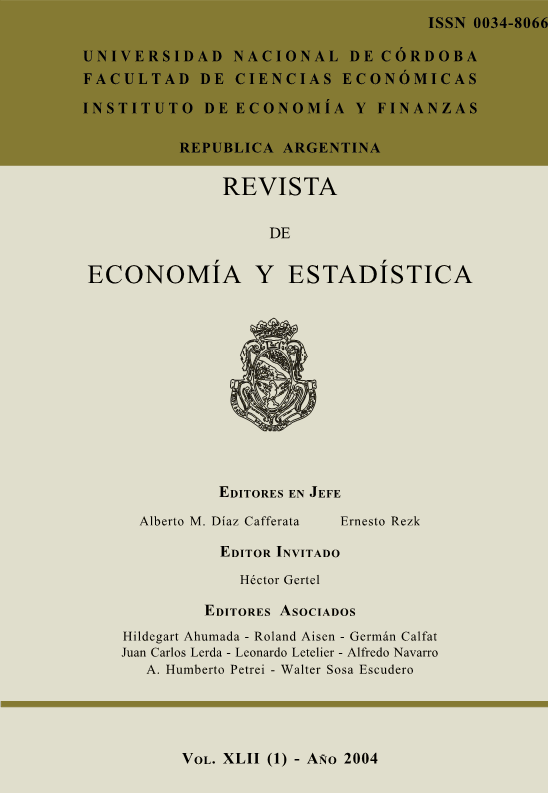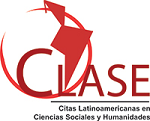Efficiency and equity in Argentinean university funding
DOI:
https://doi.org/10.55444/2451.7321.2004.v42.n1.3803Keywords:
globalization, developing countries, higher education , free marketAbstract
This article analyses state university funding policies in Argentina, taking into account the aspects of efficiency and equity based on economic theory. After defining the characteristics that frame the Argentine State University as a public good, a comparison of the performance of the countries of the so-called Group of 7 is presented. It also examines the distributive effects resulting in financial matters from the relationship between the State and the universities and the possibilities of achieving the objective of equal opportunities. The relevant conclusions are that the education system generates an automatic adjustment via a reduction in the quality of the service and that its provision as a public good cannot be justified by the objective of seeking equal opportunities, since in this case severe contradictions have been found, including the fact that those who benefit most are middle and upper-middle income households, which capture 86% of the total subsidy, generating a distributive result that is not in line with the desired objective.
Downloads
Downloads
Published
How to Cite
Issue
Section
License
Copyright (c) 2004 Miguel Angel Vizzio

This work is licensed under a Creative Commons Attribution-NonCommercial-NoDerivatives 4.0 International License.
Authors who have publications with this journal agree to the following terms:
Authors retain their copyright and grant the journal the right of first publication of their work, which is simultaneously subject to the Creative Commons Attribution-NonCommercial-NoDerivatives 4.0 International License that allows third parties to share the work provided that its author and first publication in this journal are indicated.
Authors may adopt other non-exclusive licensing arrangements for distribution of the published version of the work (e.g. depositing it in an institutional telematic archive or publishing it in a monographic volume) as long as the initial publication in this journal is indicated.
Authors are allowed and encouraged to disseminate their work via the Internet (e.g. in institutional telematic archives or on their website) before and during the submission process, which can lead to interesting exchanges and increase citations of the published work. (See The Open Access Effect)









